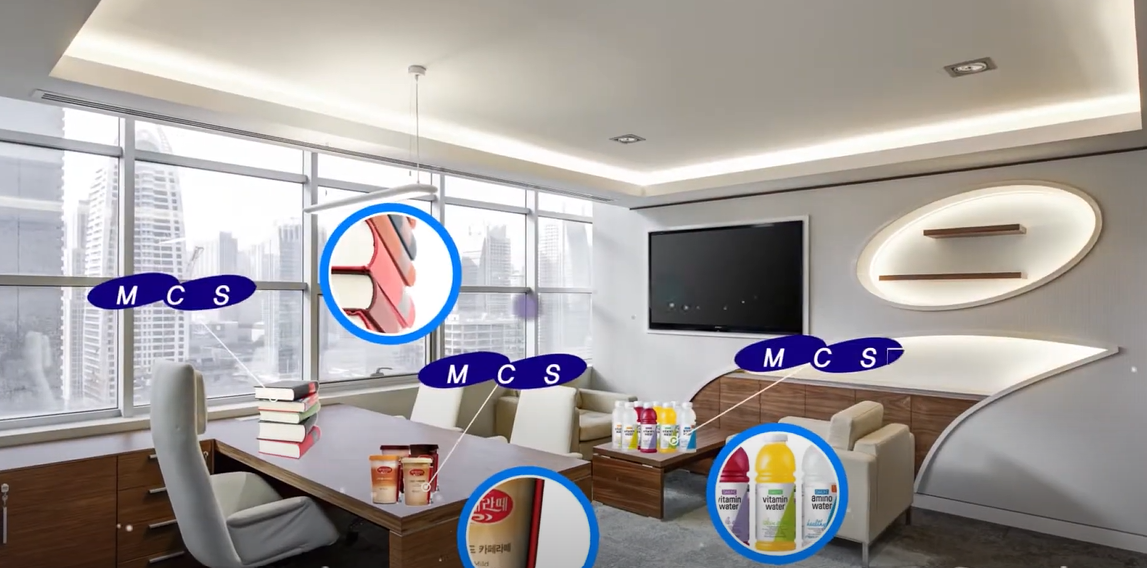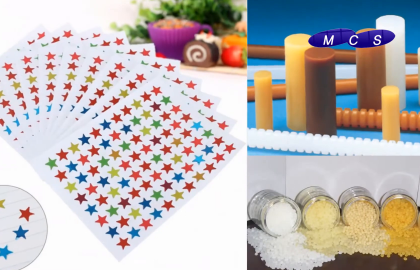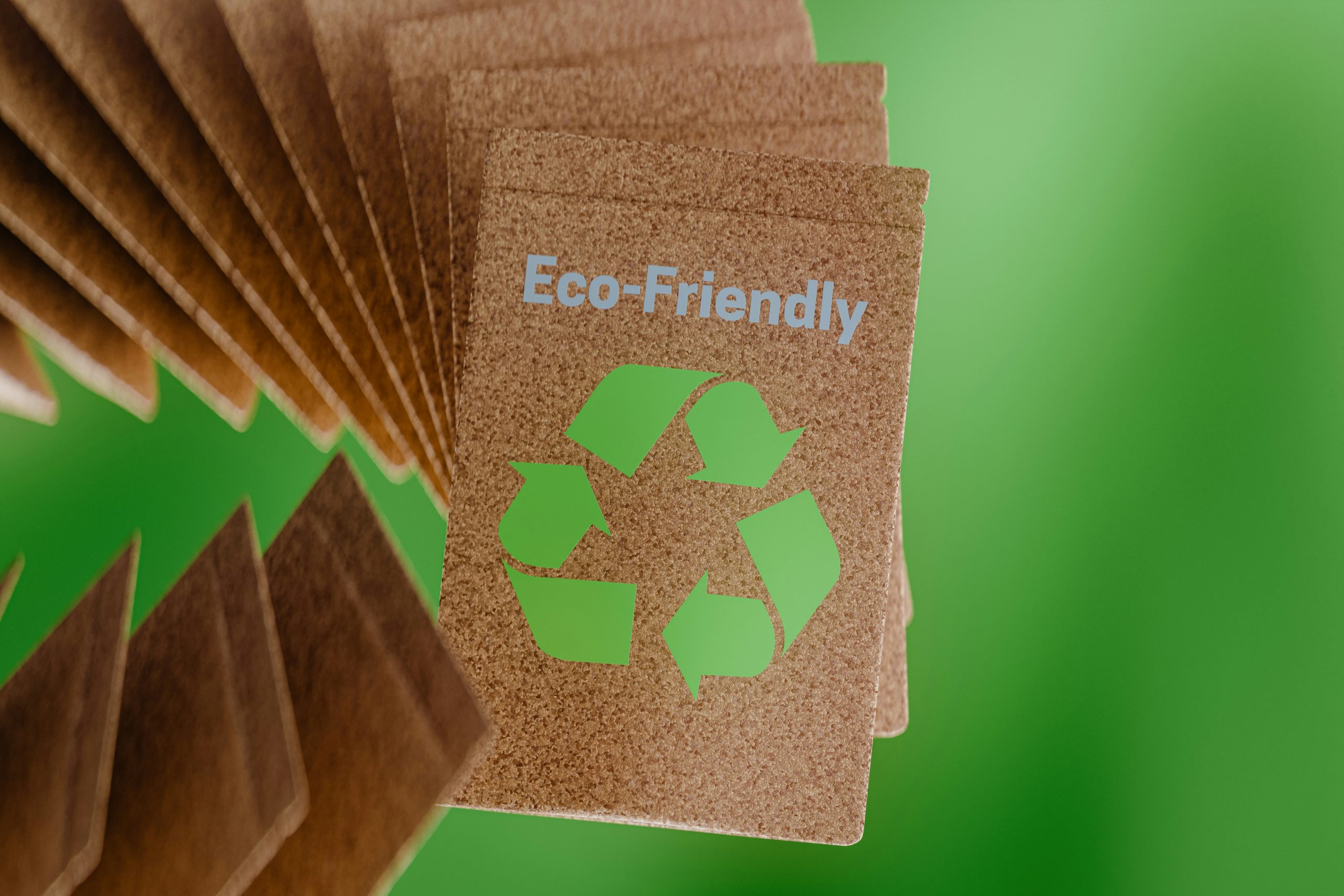
Pressure-Sensitive Adhesives (PSAs)
Pressure-sensitive adhesives (PSAs) produced using hot melt technology are transforming industries with their versatility, durability, and ease of application. PSAs are designed to form bonds with minimal pressure, making them ideal for a wide range of uses, from labels and tapes to automotive and medical applications.
Hot melt adhesive production companies play a pivotal role in creating advanced PSA solutions tailored to the needs of various industries. This article explores the implementations of PSAs, their advantages, and how they enhance efficiency across multiple sectors.

Pressure-sensitive adhesives produced using hot melt technology are a cornerstone of modern manufacturing and assembly processes. From labeling and medical applications to automotive and electronics industries, PSAs deliver efficiency, reliability, and versatility.
Hot melt adhesive production companies continue to innovate, driving advancements that meet the evolving needs of global industries. With their ability to adapt to diverse applications and conditions, PSAs are poised to remain a vital adhesive solution for years to come.
PSAs are adhesives that bond to surfaces through light pressure without requiring heat, water, or a chemical reaction. When formulated using hot melt technology, PSAs offer excellent tackiness, durability, and resistance to environmental factors.
Key Features of Hot Melt PSAs
- Instant Bonding: Bonds immediately with light pressure.
- Versatility: Adheres to various surfaces, including metal, plastic, glass, and fabric.
- Temperature Resistance: Performs well under varying environmental conditions.
- Customizable Formulations: Tailored to meet specific application requirements, such as peel strength, tack, or shear resistance.
Applications of Hot Melt PSAs Across Industries
- Labeling Applications
Hot melt PSAs are extensively used in the production of labels for industries like packaging, logistics, and retail.
- Common Uses:
- Product labels on bottles, cans, and boxes.
- Barcode and shipping labels for logistics.
- Durable labels for industrial equipment.
- Advantages:
- Strong initial tack for fast adhesion.
- Resistance to moisture, oils, and chemicals.
- Customization for removable or permanent labels.
- Tapes and Protective Films
PSAs are widely used in manufacturing adhesive tapes for industrial and consumer applications.
- Applications:
- Double-sided and masking tapes.
- Electrical insulation tapes.
- Surface protection films for glass, metal, and electronics.
- Benefits:
- High bonding strength ensures durability.
- Clean removability for temporary applications.
- Enhanced flexibility for uneven or irregular surfaces.
- Medical Applications
Hot melt PSAs are used in the medical field for applications requiring gentle adhesion and biocompatibility.
- Examples:
- Adhesive bandages and wound care dressings.
- Medical tapes for securing devices like catheters.
- Skin-friendly adhesives for wearable devices.
- Advantages:
- Non-toxic and hypoallergenic formulations.
- Reliable adhesion to sensitive skin without irritation.
- Flexibility to conform to body contours.
- Automotive Industry
PSAs play a critical role in assembling and securing components in vehicles.
- Common Uses:
- Attachment of interior trims and badges.
- Protective films for paint and surfaces.
- Assembly tapes for gaskets and seals.
- Key Benefits:
- Resists temperature extremes and vibrations.
- Offers high peel and shear strength for durability.
- Enhances vehicle aesthetics with invisible bonding.
- Electronics and Appliances
In electronics and home appliances, PSAs are essential for bonding delicate components.
- Applications:
- Mounting touchscreens and displays.
- Securing wires and circuit boards.
- Thermal interface materials for heat management.
- Benefits:
- Non-conductive formulations for safety.
- Thermal and moisture resistance for longevity.
- Precise application for small, intricate parts.
- Graphics and Signage
PSAs are critical in creating vibrant, durable signs and graphics.
- Uses:
- Mounting vinyl graphics on vehicles or walls.
- Securing posters and display boards.
- Laminating large-format prints.
- Advantages:
- Strong adhesion to multiple surfaces, including textured ones.
- UV resistance for outdoor durability.
- Removable or repositionable options for temporary displays.
Advanced Formulations
Hot melt adhesive companies develop specialized PSA formulations to meet the demands of different industries. These formulations may emphasize specific properties like tackiness, removability, or resistance to harsh conditions.
- Eco-Friendly Solutions
With increasing environmental awareness, adhesive companies are creating sustainable PSAs that are solvent-free, non-toxic, and recyclable.
- Integration with Automation
Hot melt PSAs are designed for use in automated production lines, ensuring consistent application and improved efficiency.
- Customization and Testing
Companies work closely with manufacturers to develop adhesives tailored to their unique requirements. Comprehensive testing ensures optimal performance under real-world conditions.
Benefits of Hot Melt PSAs in Industrial Applications
- High Bonding Performance: Ensures strong, reliable adhesion to a wide range of substrates.
- Efficiency: Rapid application and bonding reduce production time.
- Versatility: Suitable for permanent, removable, or repositionable bonding.
- Durability: Resistant to environmental factors like moisture, heat, and chemicals.
- Sustainability: Eco-friendly options align with modern sustainability goals.
Challenges and Solutions in PSA Implementation
- Temperature Sensitivity:
- Challenge: Adhesives may lose tack in extreme heat or cold.
- Solution: Use specialized PSAs formulated for temperature stability.
- Surface Compatibility:
- Challenge: Some surfaces, such as low-energy plastics, may resist bonding.
- Solution: Utilize primers or PSAs with enhanced adhesion properties.
- Application Consistency:
- Challenge: Ensuring uniform adhesive distribution.
- Solution: Employ precision dispensing systems in automated processes.
- Smart PSAs: Adhesives with embedded technologies for monitoring performance.
- Biodegradable PSAs: Focus on environmentally friendly materials.
- Enhanced Performance: Improved resistance to UV, water, and chemicals for outdoor applications.
Hybrid Adhesives: Combining PSA properties with structural adhesives for dual functionality

